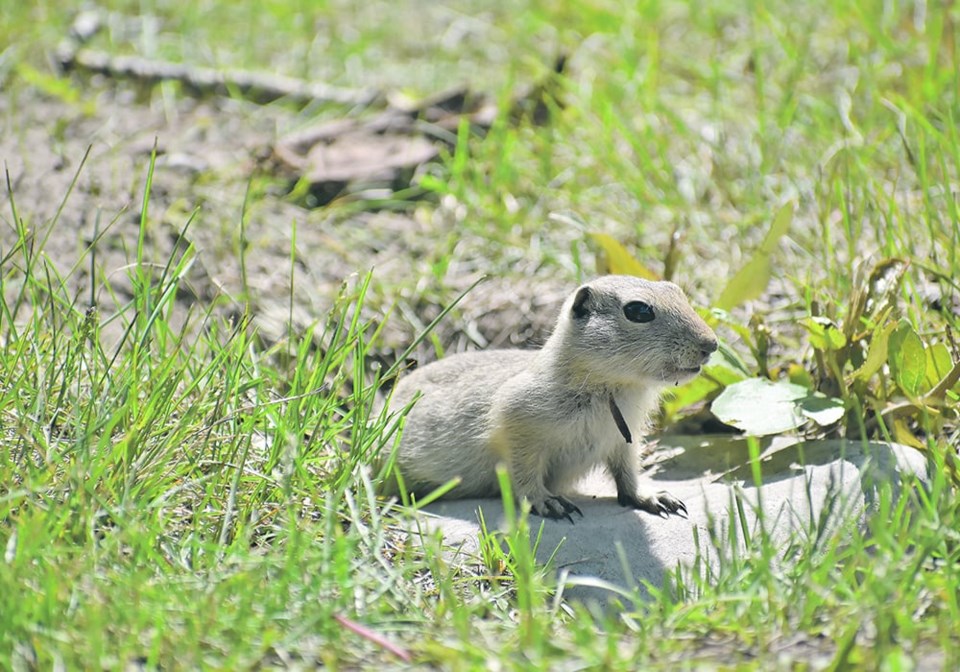REGINA — The Saskatchewan agriculture ministry is reviewing several pests for possible deregulation, including clubroot, grasshoppers and Richardson’s ground squirrels.
Changes could be in place by spring 2024.
SaskCanola requested changes a year ago to how clubroot is treated. The organization asked for clubroot to be removed from the Pest Control Act where it had been placed in 2009.
Chair Keith Fournier said the biggest issue is the stigma surrounding the disease and the resulting lack of communication.
“No one wants to say anything,” he said. “We need neighbours telling neighbours so that they’re aware and using best management practices.”
He likened it to aphanomyces in peas, which is not under the act. He said people talk about it, know where it is and can take steps to deal with it.
Fournier said now that there is more known about clubroot and better resistant varieties, farmers have tools to manage it.
“We will never eradicate it,” he said. “We have to learn to farm with it.”
But the Saskatchewan Vegetable Growers Association is concerned about the possible change.
President George Lewko, who is also a forensic professional agrologist, said he met with the ministry in November and was surprised to learn about it.
“The SVGA is opposed to this change, as many crops grown by vegetable growers are from the brassica family, which would be affected by clubroot, without any clubroot resistance. This could be a huge problem,” he said.
Lewko said the association will send in its concerns by the Jan. 5 consultation deadline.
Saskatchewan Association of Rural Municipalities president Ray Orb said RMs were in favour of clubroot being placed under the act at first because it was such an unknown threat. He said if the province is going to take over surveillance of the disease, that lifts some responsibility from RMs.
SARM has written to the ministry to get more information about how it plans to deal with all three pests.
“We’re concerned about them taking (Richardson’s ground squirrels) off because there’s still so many of them out there,” he said.
The loss of strychnine and the dry conditions have combined to keep gopher populations strong.
Grasshoppers could also be a problem next year considering the forecast map, he added.
“If they’re going to do anything they should do it slowly and make sure our members are aware,” Orb said.
According to the ministry, the Pests Declaration, Ring Rot Control and Late Blight Control regulations are all under review to align them with the Plant Health Act.
Consultations have been underway with stakeholders, including seed potato growers, to get their feedback.
“These proposed changes include consolidating the above into one set of regulations to reduce their complexity, standardize control measures for regulated pests and review the status of all declared pests,” the ministry said in an emailed response. “It’s anticipated that the Pest Control Act will be in force until the proposed revision of the regulations is finalized and that the Plant Health Act will be fully enforced by spring 2024.”
SaskCanola said diseases such as verticillium stripe, sclerotinia and blackleg are already excluded from the Pest Control Act.
Clubroot is currently under pest legislation in Alberta and Saskatchewan but not in Manitoba and Ontario.
SASKTODAY.ca is Saskatchewan's home page. Bookmark us at this link.




